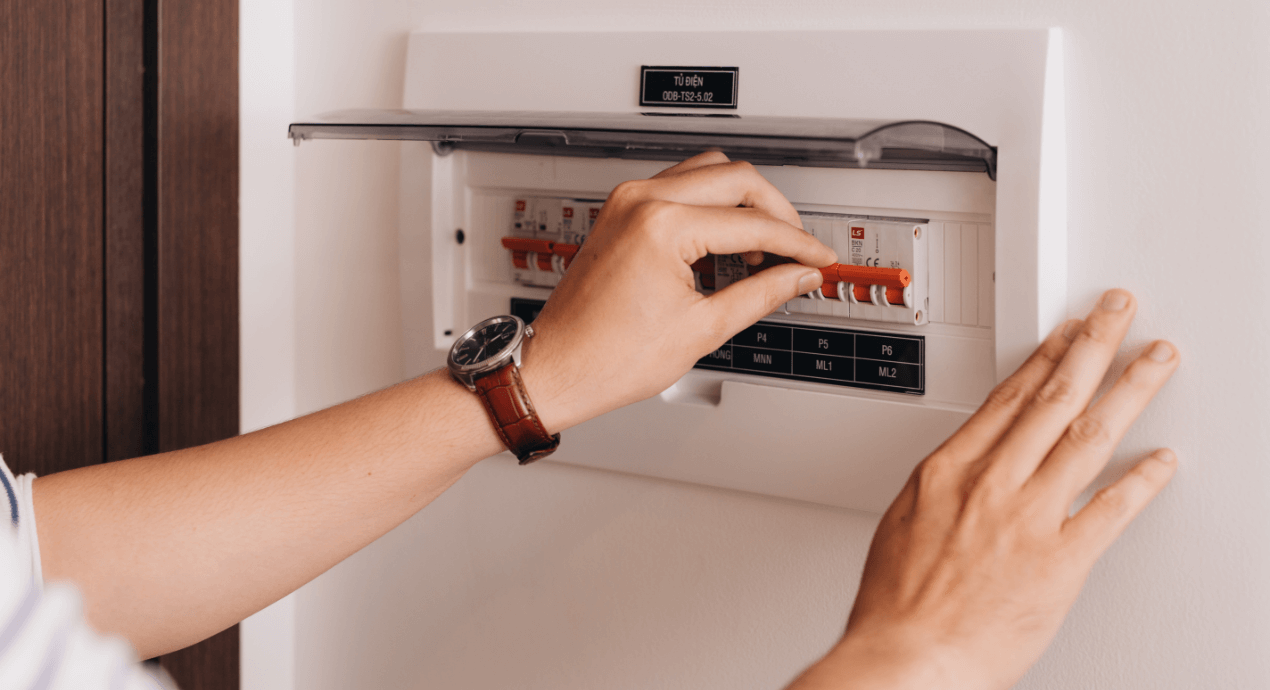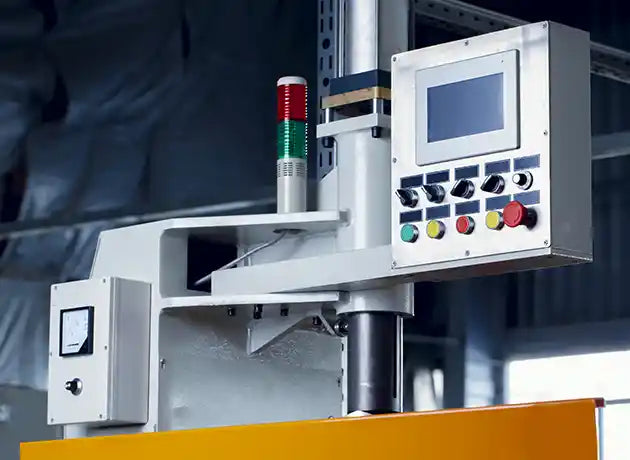Choosing the Right Circuit Breaker for Your Home or Business
What Is a Circuit Breaker and How Does It Work?
A circuit breaker is a safety device designed to automatically interrupt the flow of electricity in a circuit whenever an overload or short circuit is detected. Think of it as the gatekeeper of your electrical system, preventing excessive current from damaging wiring, appliances, and equipment.
Instead of melting like traditional fuses, circuit breakers simply trip and cut off power, making them reusable after the issue is fixed. They protect your property from potential electrical fires and costly damage, making them a crucial part of any residential or commercial setup.
Miniature Circuit Breakers vs. RCCBs: Key Differences
There are several types of circuit breakers to consider, each serving a unique purpose:
-
Miniature Circuit Breakers (MCB):
Designed to protect against overcurrent due to overloads or short circuits. They are commonly used in residential panels for lighting, outlets, and general circuits. -
Residual Current Circuit Breakers (RCCB):
Focuses on detecting leakage currents (current flowing outside the intended path, such as to the ground), protecting against electric shocks and preventing fire hazards.
Choosing between an MCB and RCCB depends on your specific needs. In many cases, modern electrical panels include a combination of both for comprehensive protection.
Tips for Selecting the Best Circuit Breaker
When purchasing a circuit breaker, here’s what you should look out for:
1. Correct Amperage Rating:
Select a breaker rated for the maximum current your circuit will carry. Common household ratings are 15A, 20A, and 30A.
2. Short Circuit Breaking Capacity (ICU):
The higher the ICU, the better the breaker can handle sudden massive fault currents without failing.
3. Quality and Certification:
Choose brands that offer UL, IEC, or BIS certified breakers for maximum safety compliance.
4. Compatibility with Your Panel:
Ensure the breaker fits your distribution board or load center — especially in older homes where upgrades may be necessary.
5. Additional Safety Features:
Look for modern breakers with arc fault detection or combined MCB-RCCB units for added protection.
Final Thoughts
Choosing the right circuit breaker for your home or business isn’t just about ticking boxes — it’s about ensuring reliable, long-term protection for everything and everyone inside your building. Invest in quality, consult a licensed electrician when needed, and enjoy peace of mind knowing your circuits are secure.


